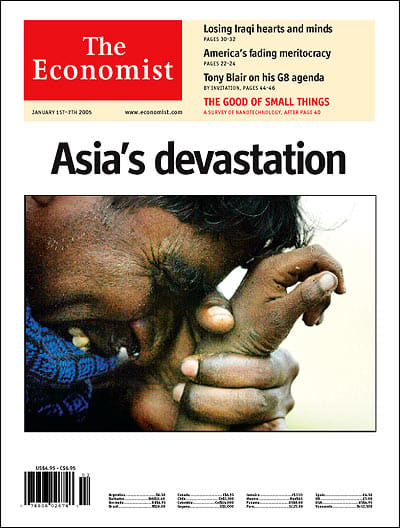Ever higher society, ever harder to ascend
Whatever happened to the belief that any American could get to the top?
THE United States likes to think of itself as the very embodiment of meritocracy: a country where people are judged on their individual abilities rather than their family connections. The original colonies were settled by refugees from a Europe in which the restrictions on social mobility were woven into the fabric of the state, and the American revolution was partly a revolt against feudalism. From the outset, Americans believed that equality of opportunity gave them an edge over the Old World, freeing them from debilitating snobberies and at the same time enabling everyone to benefit from the abilities of the entire population. They still do.
To be sure, America has often betrayed its fine ideals. The Founding Fathers did not admit women or blacks to their meritocratic republic. The country's elites have repeatedly flirted with the aristocratic principle, whether among the brahmins of Boston or, more flagrantly, the rural ruling class in the South. Yet America has repeatedly succeeded in living up to its best self, and today most Americans believe that their country still does a reasonable job of providing opportunities for everybody, including blacks and women. In Europe, majorities of people in every country except Britain, the Czech Republic and Slovakia believe that forces beyond their personal control determine their success. In America only 32% take such a fatalistic view.
This article appeared in the Special report section of the print edition under the headline “Ever higher society, ever harder to ascend”
